These 20 Foods Are the Healthiest You Can Put on Your Plate
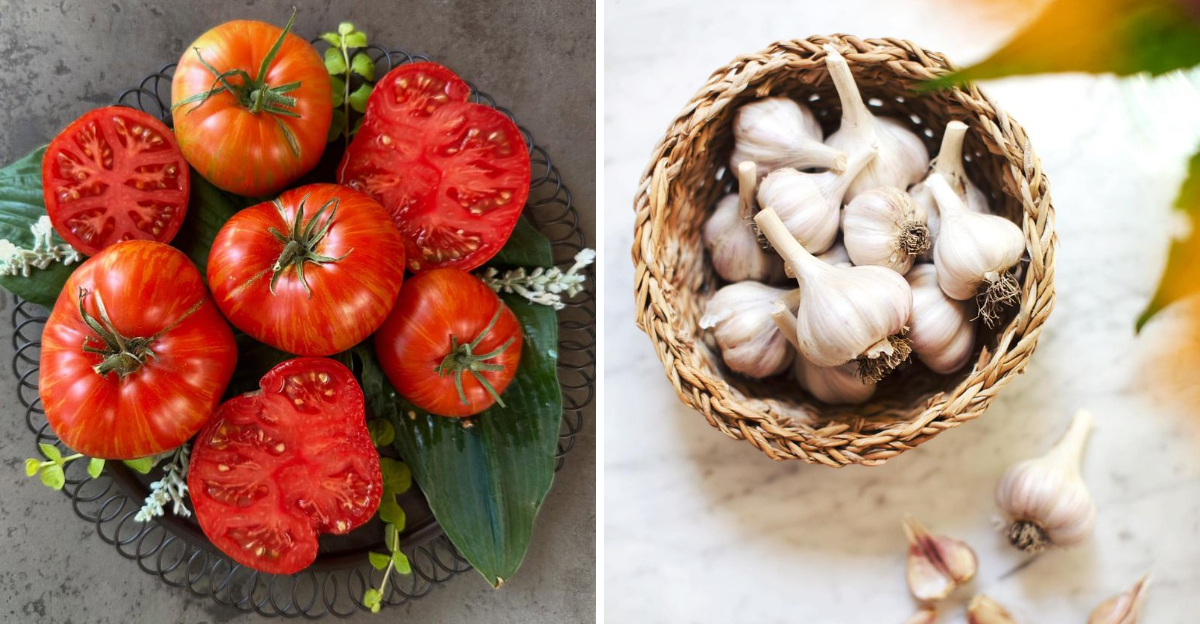
Eating a balanced diet rich in nutritious foods is crucial for maintaining good health and well-being. Here, we explore 20 of the healthiest foods you can enjoy, each packed with essential nutrients and benefits that support a healthy lifestyle.
1. Kale

Kale is a leafy green powerhouse teeming with nutrients. Rich in vitamins A, K, and C, it’s a fantastic choice for boosting your immune system.
Consuming kale regularly can improve bone health due to its high calcium content. It’s also packed with antioxidants that help reduce inflammation and detoxify the body.
Whether you blend it into smoothies or enjoy it in salads, kale is a versatile addition to your diet. Its slightly bitter taste complements sweet fruits beautifully, making it easy to incorporate into various meals.
2. Blueberries
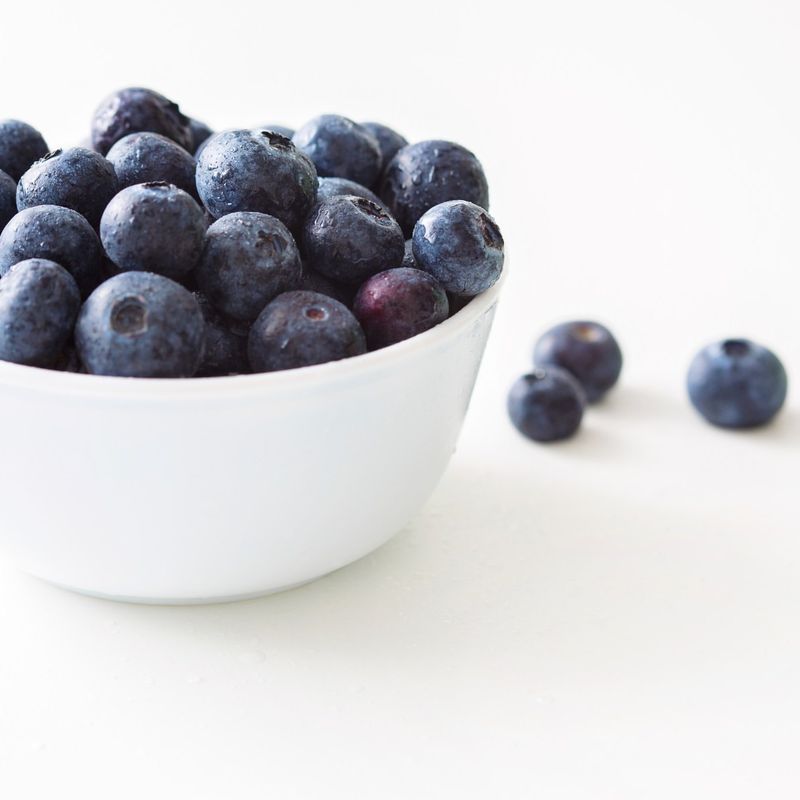
Blueberries are tiny, but they pack a punch in nutrition. Known for their antioxidant properties, they help fight free radicals that can damage cells.
These berries are also rich in vitamin C and fiber, supporting skin health and digestion. Enjoying blueberries regularly can aid in reducing blood pressure and improving brain function thanks to their beneficial phytonutrients.
Whether added to yogurt, cereals, or eaten alone, they bring a perfect balance of sweetness and tanginess. Their vibrant color and juicy texture make them a delightful snack.
3. Salmon

Salmon is celebrated for its high omega-3 fatty acid content, which is vital for heart health. These healthy fats can lower the risk of heart disease and reduce inflammation.
Besides, salmon is an excellent protein source, aiding in muscle repair and growth. It’s also rich in B vitamins like B12, which are crucial for energy production.
Grilled, baked, or smoked, salmon is a versatile fish that fits any meal. Its tender, flaky texture and rich flavor make it a favorite among seafood lovers.
4. Quinoa
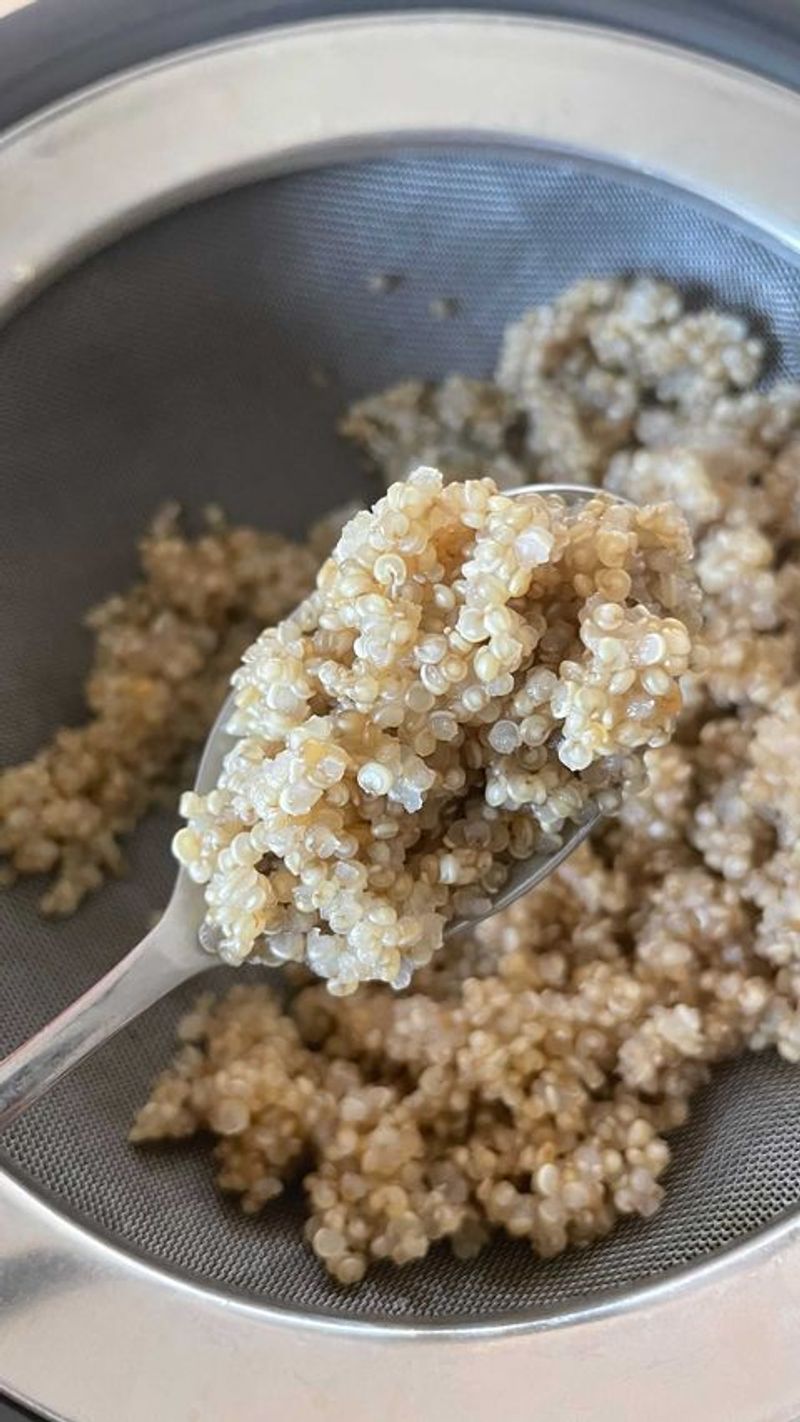
Quinoa is a gluten-free grain, heralded as a complete protein source because it contains all essential amino acids. This makes it perfect for vegetarians and vegans.
Rich in fiber, it aids in digestion and helps maintain a healthy weight. Quinoa also contains iron and magnesium, vital for energy metabolism and bone health.
Its nutty flavor and fluffy texture make quinoa a delicious alternative to rice or pasta. Whether as a salad base or a side dish, it’s a versatile choice for various recipes.
5. Avocado

Avocado is a creamy, nutrient-rich fruit praised for its heart-healthy monounsaturated fats. These fats can help reduce bad cholesterol levels.
Loaded with fiber and potassium, avocados support digestive health and regulate blood pressure. They’re also an excellent source of vitamin E, promoting skin health and cell protection.
Enjoy avocados on toast, in salads, or blended into smoothies for a creamy texture. Their smooth, buttery flavor pairs well with many dishes, making them a culinary favorite.
6. Almonds
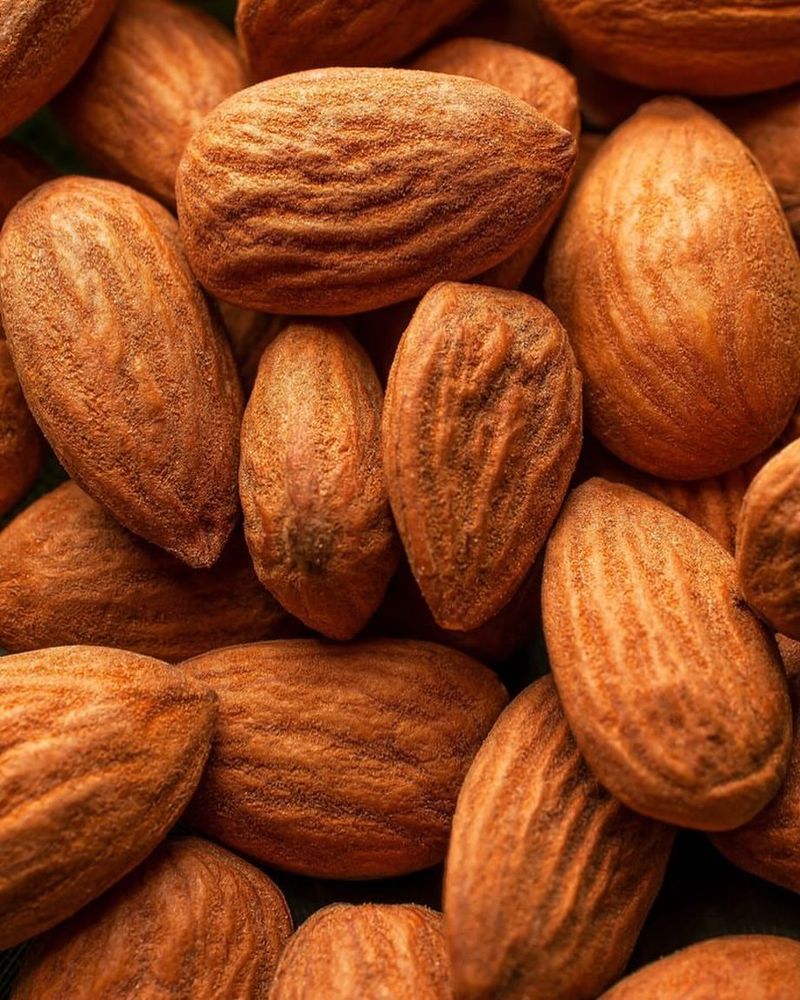
Almonds are a nutritious snack, packed with healthy fats, proteins, and fiber. They’re known to support heart health by lowering cholesterol levels.
These nuts are also rich in vitamin E and magnesium, promoting skin health and energy production. Regular consumption of almonds can aid in appetite control, making them great for weight management.
Whether eaten raw, roasted, or added to dishes, almonds offer a delightful crunch. Their mild, nutty flavor complements both sweet and savory foods, enhancing numerous recipes.
7. Broccoli
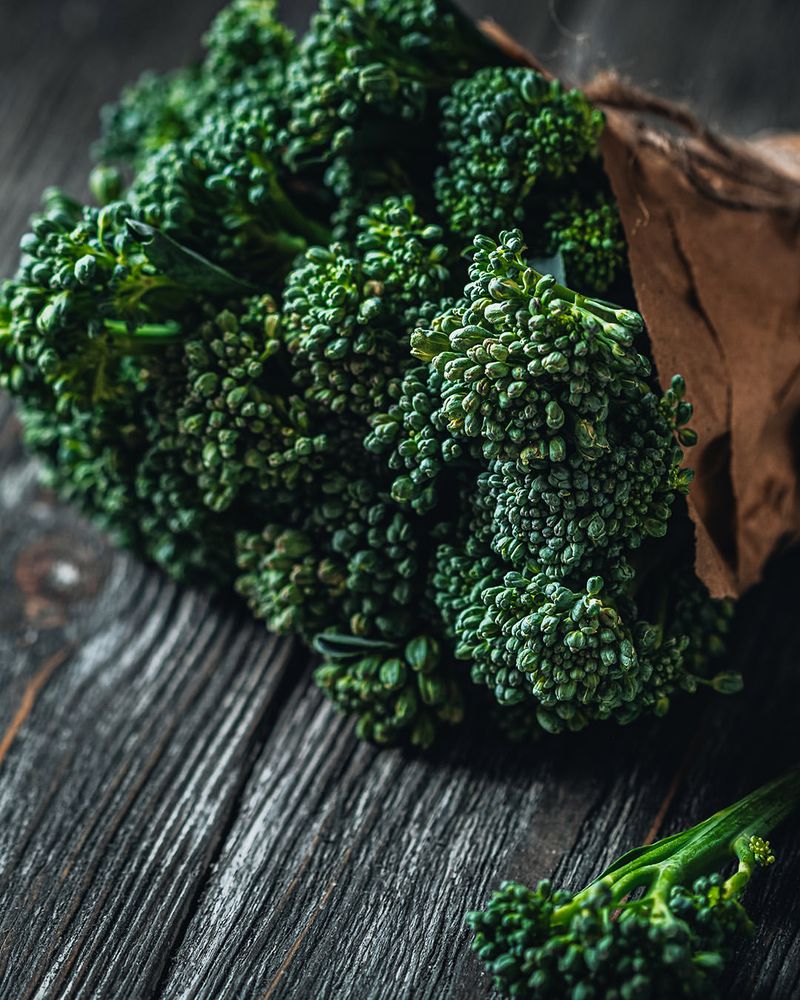
Broccoli is a cruciferous vegetable, lauded for its cancer-fighting properties due to sulforaphane. It’s also a rich source of vitamins C and K.
Consuming broccoli can improve immune function and bone health. Its high fiber content aids digestion and supports a healthy gut.
Whether steamed, roasted, or added to stir-fries, broccoli adds a nutritious punch to any meal. Its slightly bitter taste is balanced by a tender texture, making it a versatile addition to various dishes.
8. Spinach

Spinach is a nutrient-dense leafy green, rich in vitamins A, C, and K. It’s also packed with iron, which is essential for oxygen transport in the blood.
Adding spinach to your diet can improve eye health and reduce oxidative stress thanks to its antioxidants. It’s also beneficial for bone health.
Enjoy spinach in salads, sautéed as a side dish, or blended into smoothies. Its mild flavor and tender texture make it easy to incorporate into a variety of meals.
9. Sweet Potatoes

Sweet potatoes are a vibrant and nutrient-rich root vegetable. They’re high in beta-carotene, which converts to vitamin A in the body, supporting vision and immune health.
These tubers are also a good source of fiber, promoting digestive health and providing a feeling of fullness. Their natural sweetness pairs well with both savory and sweet dishes.
Roasted, mashed, or baked, sweet potatoes add a delightful flavor to any meal. Their creamy texture and rich taste make them a popular choice for healthy eating.
10. Garlic
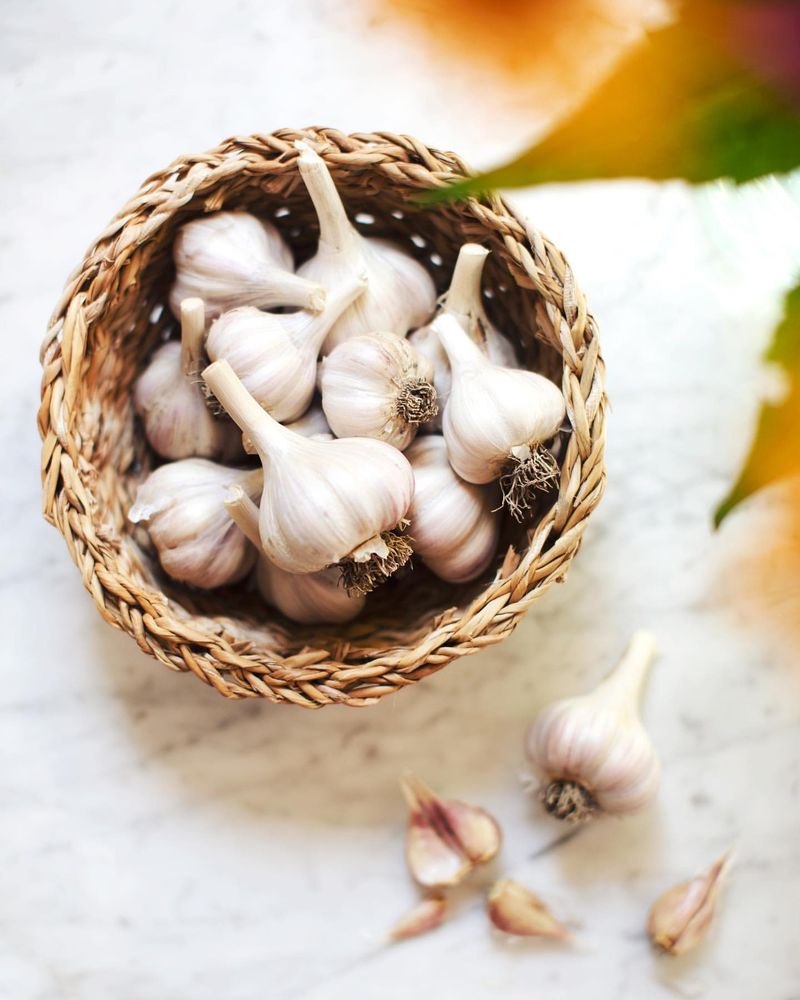
Garlic is a flavorful herb celebrated for its medicinal properties. It’s known to boost the immune system and reduce the risk of heart disease.
Rich in allicin, garlic can help lower cholesterol and blood pressure. It also has anti-inflammatory and antioxidant effects, promoting overall health.
Use garlic to add depth to your cooking, whether sautéed, roasted, or raw. Its pungent aroma and robust flavor enhance a wide range of dishes, from soups to sauces.
11. Greek Yogurt

Greek yogurt is a creamy, protein-rich food, perfect for building muscle and supporting weight management. It’s also packed with probiotics, which aid in digestion and gut health.
This yogurt type is lower in lactose, making it a suitable choice for those with lactose intolerance. Its thick texture and tangy flavor make it a delicious snack or breakfast option.
Enjoy Greek yogurt on its own, with fruits, or as a base for smoothies. It adds a creamy richness to any dish, enhancing both flavor and nutrition.
12. Chia Seeds
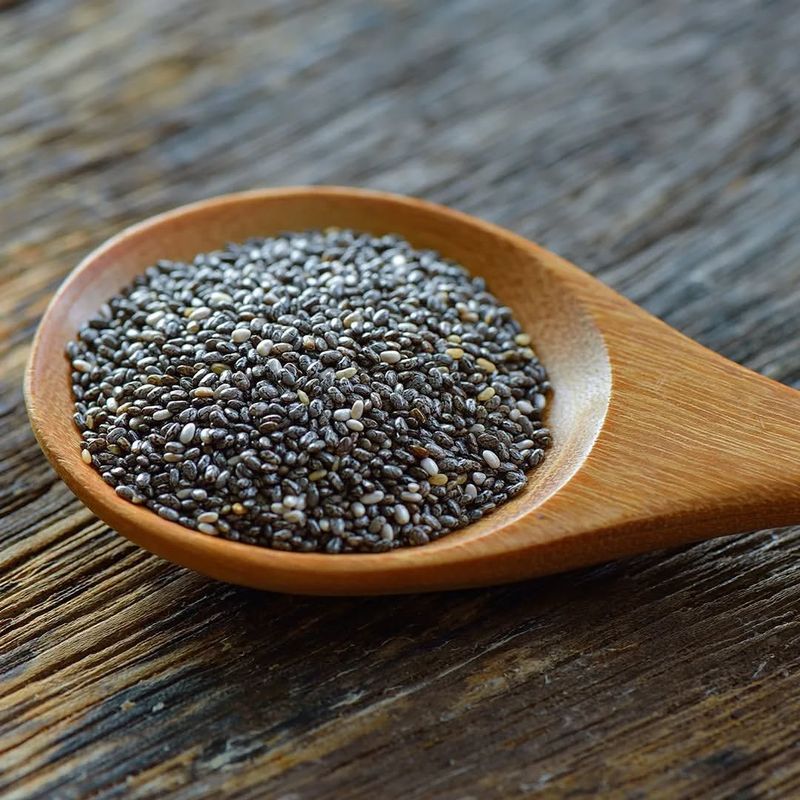
Chia seeds are tiny nutritional powerhouses, rich in omega-3 fatty acids, fiber, and protein. They absorb liquid, forming a gel-like consistency, making them great for hydration.
These seeds are also high in calcium and magnesium, supporting bone health. Including chia seeds in your diet can improve heart health and aid in weight management.
Sprinkle them over cereal, blend into smoothies, or use them to thicken puddings. Their mild taste and versatility make chia seeds a popular superfood choice.
13. Lentils

Lentils are protein-rich legumes, ideal for vegetarians and vegans. They’re packed with iron and folate, important for energy production and cell function.
High in fiber, lentils support digestion and help maintain healthy blood sugar levels. Their earthy flavor and hearty texture make them perfect for soups and stews.
Whether cooked with spices or added to salads, lentils offer a nutritious and satisfying meal. Their versatility allows them to be a staple in various cuisines, providing both flavor and health benefits.
14. Berries

Berries are vibrant fruits, rich in antioxidants and vitamins like C and K. They support immune function and promote healthy skin.
Their high fiber content aids in digestion and provides a feeling of fullness, making them ideal for snacking and weight management. Berries also have anti-inflammatory properties, benefiting heart health.
Enjoy berries fresh, in smoothies, or as a topping for yogurt and cereals. Their sweet and tangy flavors add a delightful twist to any dish, while their nutritional value supports a healthy lifestyle.
15. Oats
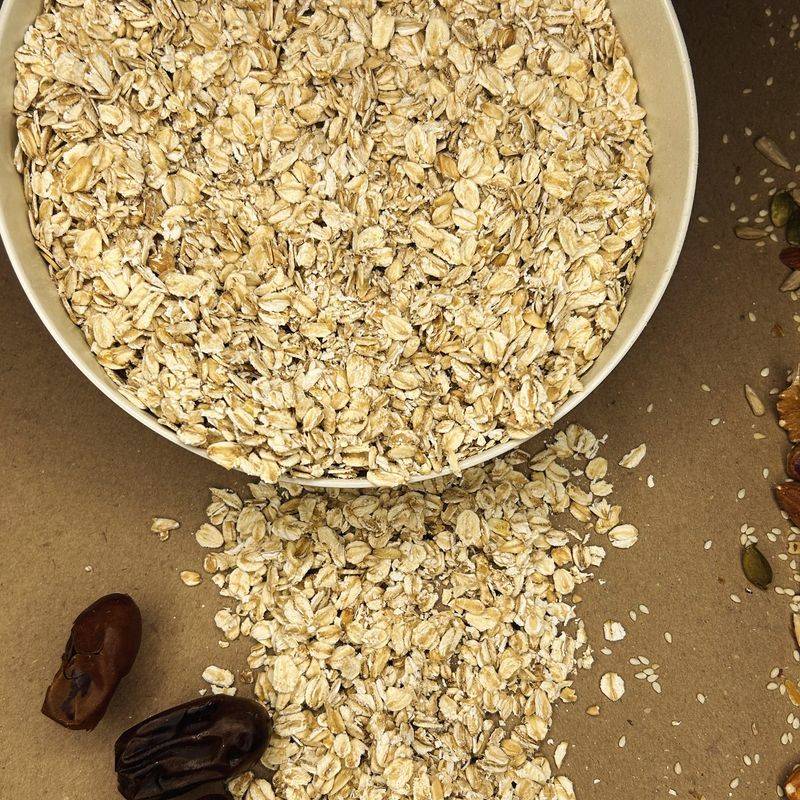
Oats are a whole grain known for their high fiber content, which aids in digestion and helps lower cholesterol. They’re also a good source of essential vitamins and minerals.
Consuming oats regularly can improve heart health and stabilize blood sugar levels. Their creamy texture and mild flavor make them a comforting breakfast option.
Enjoy oats as porridge, in baked goods, or overnight oats. They provide a hearty start to your day, offering sustained energy and a feeling of fullness.
16. Walnuts
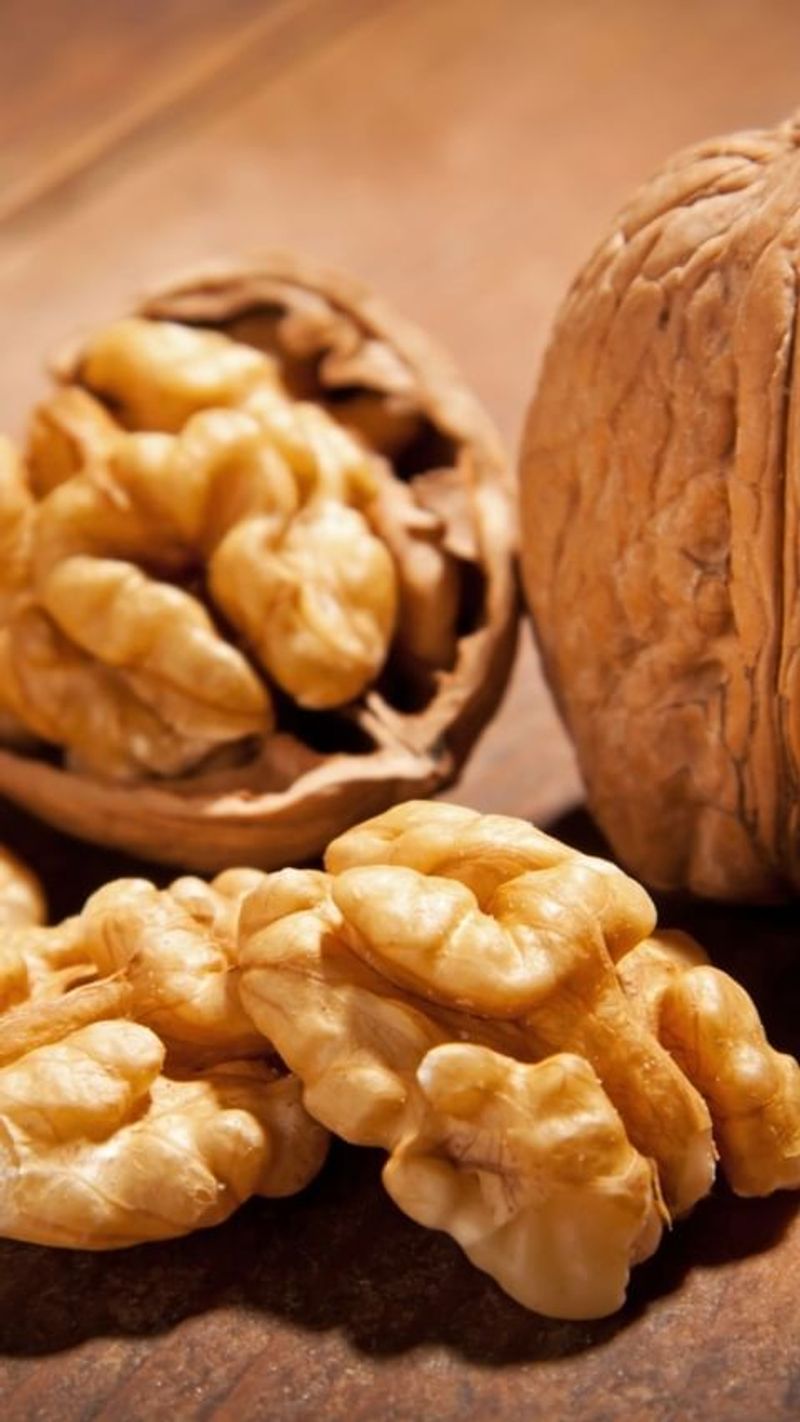
Walnuts are nutrient-rich nuts, high in omega-3 fatty acids essential for brain health. These healthy fats also support heart health and reduce inflammation.
Packed with antioxidants, walnuts help fight oxidative stress and promote overall well-being. They’re also a good source of protein and fiber, aiding in weight management.
Snack on walnuts raw, add them to salads, or use them in baking for a crunchy texture. Their rich, earthy flavor enhances a variety of dishes, making them a healthy and tasty choice.
17. Eggs

Eggs are a versatile food, rich in high-quality protein essential for muscle growth and repair. They’re also packed with essential nutrients like choline, supporting brain health.
Including eggs in your diet can boost eye health due to lutein and zeaxanthin. Their affordable and versatile nature makes them a staple in many diets.
Enjoy eggs boiled, scrambled, or poached, adding them to various dishes. Their mild flavor and creamy texture make them a beloved ingredient worldwide.
18. Tomatoes

Tomatoes are juicy fruits, rich in lycopene, an antioxidant known to reduce the risk of heart disease and cancer. They’re also high in vitamin C, supporting immune health.
Their versatile nature makes tomatoes a staple in many cuisines, enhancing flavors with their sweet and tangy taste. Consuming tomatoes can improve skin health and reduce inflammation.
Whether fresh in salads, cooked in sauces, or roasted, tomatoes add a burst of flavor to any dish. Their vibrant color and juicy texture make them a kitchen favorite.
19. Carrots
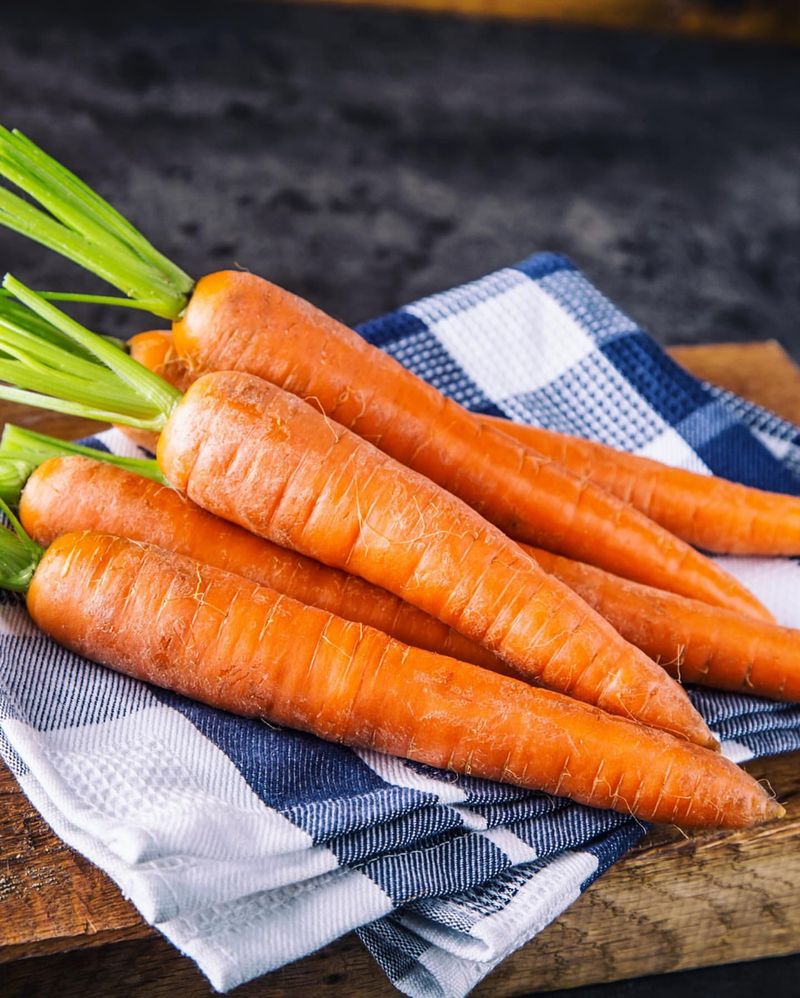
Carrots are crunchy root vegetables, high in beta-carotene, which converts to vitamin A, supporting vision and immune function.
They’re also a good source of fiber, promoting digestive health and providing a feeling of fullness. Carrots’ natural sweetness makes them a versatile ingredient in both savory and sweet dishes.
Enjoy carrots raw, roasted, or blended into soups and stews. Their bright color and crisp texture make them a delightful addition to any meal, offering both taste and nutrition.
20. Oranges

Oranges are sweet citrus fruits, brimming with vitamin C, essential for immune support and skin health. They’re also a good source of fiber, promoting digestion.
Drinking orange juice or eating whole oranges can improve heart health and reduce the risk of kidney stones. Their juicy segments and tangy taste make them a refreshing snack.
Enjoy oranges fresh, juiced, or as a zesty addition to salads and desserts. Their vibrant color and refreshing flavor make them a popular choice for maintaining health.
